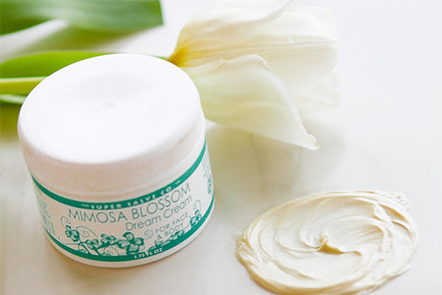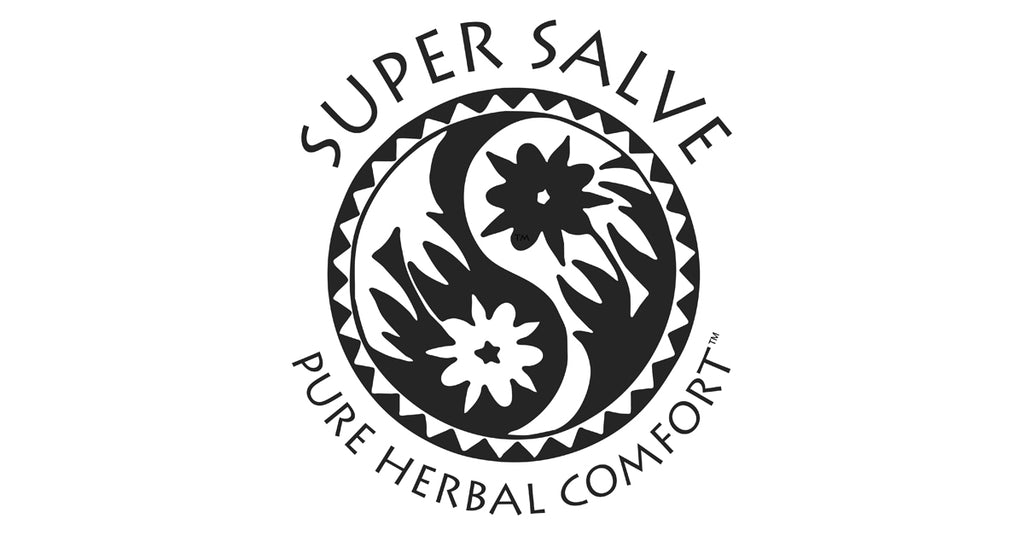The three layers of skin are:
(1) Epidermis — The epidermis is the outermost layer of the skin, also called cuticle or scarf skin.
It has no blood vessels, but has many small nerve endings.
(2) Dermis — (Consits of the DERMIS & CUTIS layers.)
DERMIS consists of the following layers:
Stratum corncum: tightly packed, scale-like cells. These cells shed and replace continuously. It's important to clean,
steam, mask and moisturize the skin for proper shedding of these dead cells. If you don't, your skin will look dull and drab.
Stratum lucidum: a layer of transparent cells that Vitamin D (from light) passes through.
Stratum spinosum: prickle-like cells that work with the germinative layer or basal layer.
Stratum germinativum: composed of different shaped mucosum cells. Some of these cells help the growth of the epidermis
and some contain a dark pigment called melanin, which protects cells deep in the skin from UV rays.
CUTIS layer consists of the following layers:
"True skin" or inner layer: this layer is very sensitive, containing blood vessels, lymph vessels, nerves, sweat glands, oil
glands, hair follicles, muscles and elastic tissue.
Papillary layer: contains looped capillaries and nerve endings.
Reticular layer: contains a network of fat cells, blood vessels, lymph vessels, oil glands, sweat glands, hair follicles and muscles.
(3) Sub-dermis — The subdermis layer consists of the following:
This layer is usually considered a continuation of the dermis. This layer is fatty tissue, also known as adipose tissue or subcutis. It gives contour to your body and acts as a protective cushion for the outer skin, hair and nails.
• One square inch of skin contains: 65 hairs, 100 sebaceous glands, 650 sweat glands, 78 heat sensors, 13 cold sensors, 1,300 nerve endings that can record pain, 9,500 cells, 19 yards of nerves, 19,500 sensory cells, and 165 pressure apparatuses for stimuli (touch).
• The skin holds 14 pints of water overall.
• The nervous system is a close neighbor to the skin, thus making the skin "emotional." Emotional stress or anxiety can cause chronic conditions such as hives, psoriasis, herpes, acne, and eczema. Massaging the skin can help reduce anxiety, energize the lymphatic system, and relax the body, while encouraging normal function of the skin.
Proper skin care is vital to keeping a healthy skin complexion.
The multi-billion dollar cosmetic industry makes the most of their money by selling high dollar make-up and creams, claiming to hide signs of aging, remove wrinkles, rebuild collagen, clear acne, etc. These pseudoscientific claims just don't work! Aging of the skin is a process that takes place in everyone! Of course, genetics and environment play a big part in how slow or fast the skin ages. Conventional cosmetic industries use synthetic chemicals like petroleum derivatives, aluminum, and coal tar dyes.
When you apply these products to your skin, perhaps for awhile there will be a honeymoon period of the skin feeling smooth and moist, but in the long run, the skin is actually made dry! Excellent selling technique — the drier your skin gets, the more product you use and buy.
Chemical manufacturers are in love with exotic sounding, hard-to-find chemicals so they can corner the market and have no competition. One example is the substance called squalane, found in the liver of a rare species of shark called the Aizame. These sharks are hunted and murdered, then the squalane is extracted and sold as a medicinal cosmetic. Squalane has always existed in wheat germ, rice bran, and olive oil.
Chemical manufacturers' biggest aim is to replace natural substances with cheaper synthetic substances, which they claim are just as good. Many analytical chemists have found otherwise. Avoid synthetic or petrochemicals in skin products. These chemicals have adverse and aging effects on skin. Don't let your skin become a victim of the chemical cosmetic industry. Reduce the signs of aging naturally. Use herbal packs, poultices and salves, clay masks, floral steam baths, fruit and vegetable moisturizers, massage and exercise.
Your skin loves attention, so smother it naturally and see the youthful, glowing results forever.





